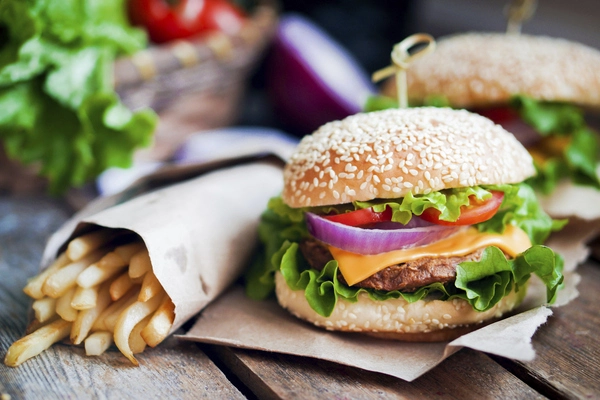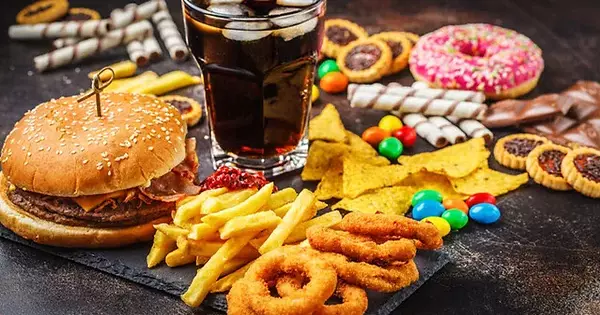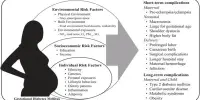Poor eating habits in a student can have long-term consequences and may contribute to a lifetime of illness. Proper nutrition is critical during a student’s formative years because it promotes growth, development, and overall health.
A UBC Okanagan researcher warns that poor eating habits developed during post-secondary studies can contribute to future health problems such as obesity, respiratory illnesses, and depression.
Dr. Joan Bottorff, a Professor in UBCO’s School of Nursing, is one of several international researchers who published a multi-site study on university students’ eating habits. Almost 12,000 medical students from 31 Chinese universities took part in the study, which sought to determine the relationship between eating habits, obesity, and various diseases.
The point, according to Dr. Bottorff, is that many bad eating habits begin in university and can last for decades.
We must consider the food environment that we provide to students. We must ensure that healthy food options are available in our cafeterias and vending machines so that they can eat on the go while also making healthy food choices.
Dr. Bottorff
“We know many students consume high-calorie meals along with sugary foods and drinks and there is lots of evidence to show those kinds of eating behaviours can lead to obesity,” says Dr. Bottorff. “These are not the only habits that lead to obesity, but they are important and can’t be ruled out.”
Dr. Shihui Peng of China’s Jinan University’s School of Medicine led the study, which was recently published in Preventive Medicine Reports. While there is well-established research linking poor eating habits to many chronic diseases, this study sought to demonstrate a link between poor eating habits and infectious diseases such as colds and diarrhea.
According to Dr. Bottorff, the study’s design made it impossible to demonstrate cause and effect, but the link between poor eating habits, obesity, and respiratory illnesses was well supported.

“There has been biomedical research that also supports this link between obesity and infectious diseases, and most recently this has been related to COVID-19,” she adds. “We know from some of the recent publications related to COVID-19, obese people were more likely to have severe conditions and outcomes. Reasons that have been offered for this increased vulnerability include impaired breathing from the pressure of extra weight and poorer inflammatory and immune responses.”
A typical student diet of high-sugar or high-calorie foods can lead to obesity in the long run. According to Dr. Bottorff, there is evidence that stress and anxiety can lead to overeating, but overeating can also lead to stress and depression.
“The bottom line is that we should not ignore this risk pattern among university students.” “It is well documented that a significant proportion of students consume unhealthy foods,” she adds. “The foods they eat are associated with obesity.” And this can lead to other health issues, including infectious diseases as well as chronic diseases.”
While Dr. Bottorff believes that students should be taught about healthy eating while at university, he believes that it is the school’s responsibility to provide healthy, affordable food options for all students.
“We must consider the food environment that we provide to students. We must ensure that healthy food options are available in our cafeterias and vending machines so that they can eat on the go while also making healthy food choices.”
It’s not an issue that goes unnoticed. UBC Student Wellness and Food Services collaborate to address food security and food literacy, and they recognize that a lack of affordable food options, combined with the stress of university life, can have an adverse effect on students’ food choices.
Students who are food insecure have access to a low-barrier food bank and a meal share program. Meanwhile, the culinary team at UBCO Food Services prioritizes locally, organically, and sustainably sourced ingredients, and collaborates with a registered dietitian to ensure that all diners have access to a diverse range of food options.
Dr. Bottorff agrees that food options in cafeterias have improved, and he notes that drinks in many vending machines have been rearranged so that healthier items are at eye level and sugary options are lower down.
















